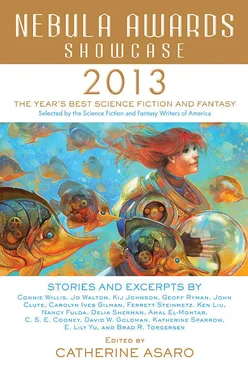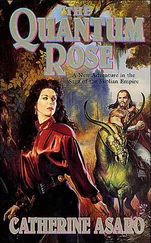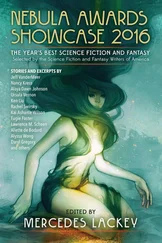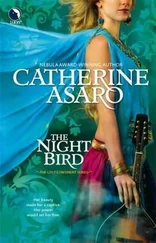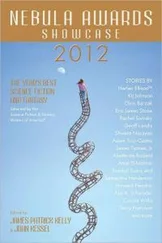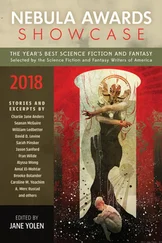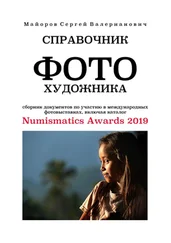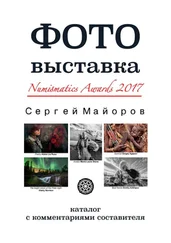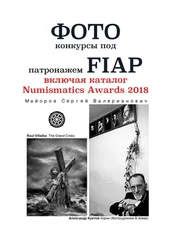* * *
Dad bought me a full set of Star Wars action figures. I gave the Obi-Wan Kenobi to Mark.
I packed the paper menagerie in a large shoebox and put it under the bed.
The next morning, the animals had escaped and took over their old favorite spots in my room. I caught them all and put them back into the shoebox, taping the lid shut. But the animals made so much noise in the box that I finally shoved it into the corner of the attic as far away from my room as possible.
If Mom spoke to me in Chinese, I refused to answer her. After a while, she tried to use more English. But her accent and broken sentences embarrassed me. I tried to correct her. Eventually, she stopped speaking altogether if I were around.
Mom began to mime things if she needed to let me know something. She tried to hug me the way she saw American mothers did on TV. I thought her movements exaggerated, uncertain, ridiculous, graceless. She saw that I was annoyed, and stopped.
“You shouldn’t treat your mother that way,” Dad said. But he couldn’t look me in the eyes as he said it. Deep in his heart, he must have realized that it was a mistake to have tried to take a Chinese peasant girl and expect her to fit in the suburbs of Connecticut.
Mom learned to cook American style. I played video games and studied French.
Every once in a while, I would see her at the kitchen table studying the plain side of a sheet of wrapping paper. Later a new paper animal would appear on my nightstand and try to cuddle up to me. I caught them, squeezed them until the air went out of them, and then stuffed them away in the box in the attic.
Mom finally stopped making the animals when I was in high school. By then her English was much better, but I was already at that age when I wasn’t interested in what she had to say whatever language she used.
Sometimes, when I came home and saw her tiny body busily moving about in the kitchen, singing a song in Chinese to herself, it was hard for me to believe that she gave birth to me. We had nothing in common. She might as well be from the moon. I would hurry on to my room, where I could continue my all-American pursuit of happiness.
* * *
Dad and I stood, one on each side of Mom, lying on the hospital bed. She was not yet even forty, but she looked much older.
For years she had refused to go to the doctor for the pain inside her that she said was no big deal. By the time an ambulance finally carried her in, the cancer had spread far beyond the limits of surgery.
My mind was not in the room. It was the middle of the on-campus recruiting season, and I was focused on resumes, transcripts, and strategically constructed interview schedules. I schemed about how to lie to the corporate recruiters most effectively so that they’ll offer to buy me. I understood intellectually that it was terrible to think about this while your mother lay dying. But that understanding didn’t mean I could change how I felt.
She was conscious. Dad held her left hand with both of his own. He leaned down to kiss her forehead. He seemed weak and old in a way that startled me. I realized that I knew almost as little about Dad as I did about Mom.
Mom smiled at him. “I’m fine.”
She turned to me, still smiling. “I know you have to go back to school.” Her voice was very weak and it was difficult to hear her over the hum of the machines hooked up to her. “Go. Don’t worry about me. This is not a big deal. Just do well in school.”
I reached out to touch her hand, because I thought that was what I was supposed to do. I was relieved. I was already thinking about the flight back, and the bright California sunshine.
She whispered something to Dad. He nodded and left the room.
“Jack, if—” she was caught up in a fit of coughing, and could not speak for some time. “If I don’t make it, don’t be too sad and hurt your health. Focus on your life. Just keep that box you have in the attic with you, and every year, at Qingming , just take it out and think about me. I’ll be with you always.”
Qingming was the Chinese Festival for the Dead. When I was very young, Mom used to write a letter on Qingming to her dead parents back in China, telling them the good news about the past year of her life in America. She would read the letter out loud to me, and if I made a comment about something, she would write it down in the letter too. Then she would fold the letter into a paper crane, and release it, facing west. We would then watch, as the crane flapped its crisp wings on its long journey west, towards the Pacific, towards China, towards the graves of Mom’s family.
It had been many years since I last did that with her.
“I don’t know anything about the Chinese calendar,” I said. “Just rest, Mom.”
“Just keep the box with you and open it once in a while. Just open—” she began to cough again.
“It’s okay, Mom.” I stroked her arm awkwardly.
“ Haizi, mama ai ni —” Her cough took over again. An image from years ago flashed into my memory: Mom saying ai and then putting her hand over her heart.
“Alright, Mom. Stop talking.”
Dad came back, and I said that I needed to get to the airport early because I didn’t want to miss my flight.
She died when my plane was somewhere over Nevada.
* * *
Dad aged rapidly after Mom died. The house was too big for him and had to be sold. My girlfriend Susan and I went to help him pack and clean the place.
Susan found the shoebox in the attic. The paper menagerie, hidden in the uninsulated darkness of the attic for so long, had become brittle and the bright wrapping paper patterns had faded.
“I’ve never seen origami like this,” Susan said. “Your Mom was an amazing artist.”
The paper animals did not move. Perhaps whatever magic had animated them stopped when Mom died. Or perhaps I had only imagined that these paper constructions were once alive. The memory of children could not be trusted.
* * *
It was the first weekend in April, two years after Mom’s death. Susan was out of town on one of her endless trips as a management consultant and I was home, lazily flipping through the TV channels.
I paused at a documentary about sharks. Suddenly I saw, in my mind, Mom’s hands, as they folded and refolded tin foil to make a shark for me, while Laohu and I watched.
A rustle. I looked up and saw that a ball of wrapping paper and torn tape was on the floor next to the bookshelf. I walked over to pick it up for the trash.
The ball of paper shifted, unfurled itself, and I saw that it was Laohu, who I hadn’t thought about in a very long time. “ Rawrr-sa .” Mom must have put him back together after I had given up.
He was smaller than I remembered. Or maybe it was just that back then my fists were smaller.
Susan had put the paper animals around our apartment as decoration. She probably left Laohu in a pretty hidden corner because he looked so shabby.
I sat down on the floor, and reached out a finger. Laohu’s tail twitched, and he pounced playfully. I laughed, stroking his back. Laohu purred under my hand.
“How’ve you been, old buddy?”
Laohu stopped playing. He got up, jumped with feline grace into my lap, and proceeded to unfold himself.
In my lap was a square of creased wrapping paper, the plain side up. It was filled with dense Chinese characters. I had never learned to read Chinese, but I knew the characters for son , and they were at the top, where you’d expect them in a letter addressed to you, written in Mom’s awkward, childish handwriting.
I went to the computer to check the Internet. Today was Qingming .
Читать дальше
